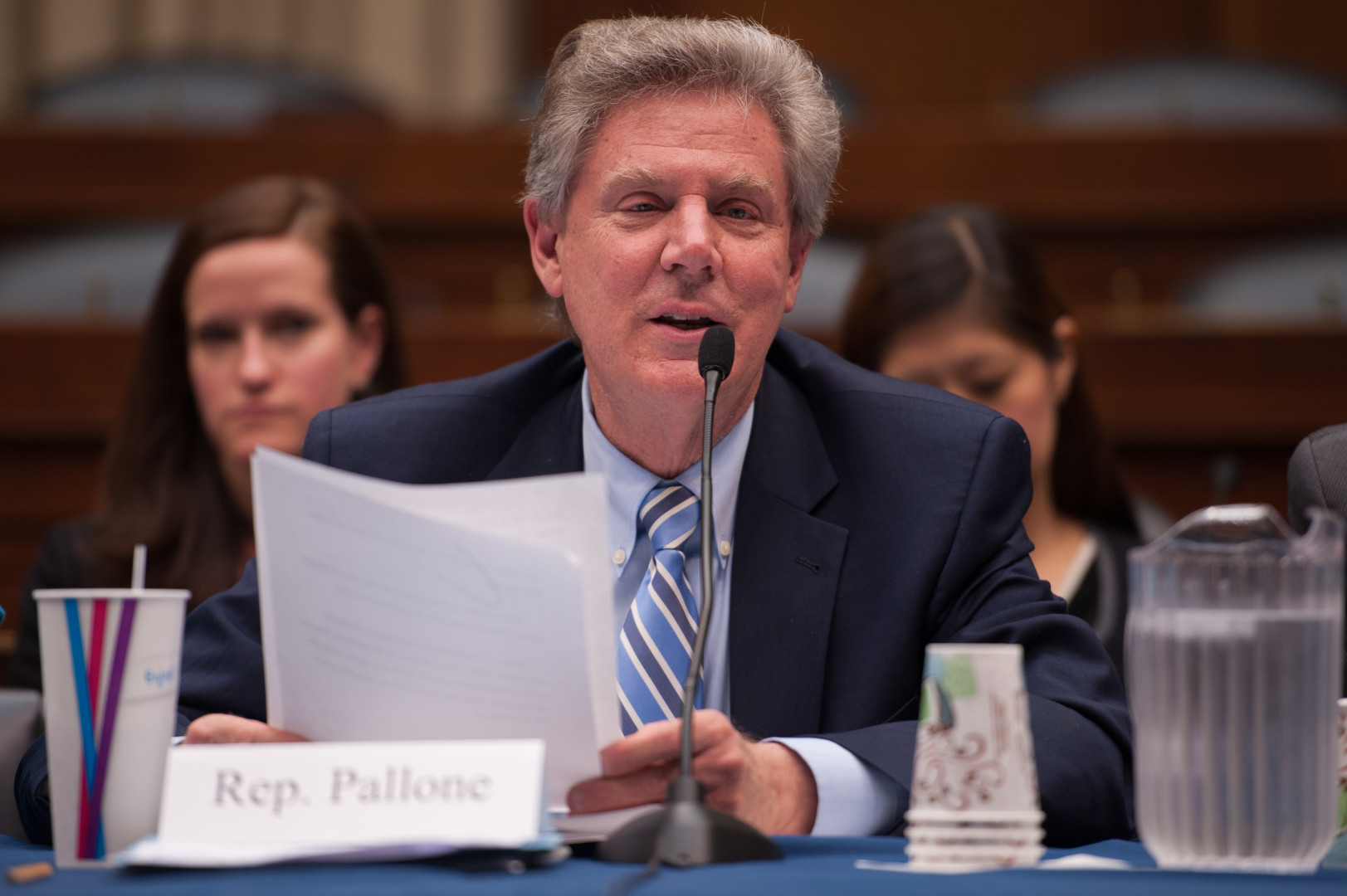March 15, 2016 at 3:37 pm ET
- Share on Facebook
- Share on Twitter
- Share on LinkedIn
- E-mail to a friend



The budget savings bill passed by the Energy and Commerce Committee on Tuesday will probably never become law. Even so, it gives insight as to how Republicans would change Medicaid’s federal financing.
The bill, dubbed the “Common Sense Savings Act,” would create $30 billion in savings over 10 years and is part of the GOP’s effort to pass a budget this year. Several provisions would repeal pieces of the Affordable Care Act, including an enhanced federal matching rate for the Children’s Health Insurance Program, an enhanced federal matching rate for prisoner’s health care under Medicaid expansion, and the Prevention and Public Health Fund.
Republicans have long made it clear they want to repeal Obamacare entirely, but they also know that’s not going to happen right now. As such one provision in their savings bill sheds more light on the GOP’s health policy agenda absent a full repeal of Obamacare. It deals with Medicaid provider taxes, which are levied by states on health care services. The burden of the tax falls mostly on providers such as doctors or health care clinics.
Medicaid is financed by both states and the federal government. The federal government pays between 50 percent and 74 percent of the cost of providing health care to states’ low-income beneficiaries. The federal reimbursement rate depends on a state’s per capita income compared to the national average. Part of the way that states raise the remaining funds is through state taxes on providers.
Currently, providers cannot be “held harmless” from the burden of the tax, meaning they can’t recoup what they pay by receiving higher Medicaid reimbursements or other means of getting the money back. The exception is for taxes that are 6 percent or less of net patient revenues.
The Energy and Commerce budget bill would lower this threshold to 5.5 percent. This would impact 24 states, all of which have taxes above the 5.5 percent threshold, according to the Kaiser Family Foundation.
“They would have to figure out another way to make up that funding loss,” said Laura Snyder, a senior policy analyst at Kaiser. “Either that means more revenue from somewhere else, cuts to the program, things of that nature.”
If the state makes cuts to the Medicaid program as a result of lowered provider taxes, that means it’s spending less. That could start a ripple effect. The less a state spends on Medicaid, the less it is reimbursed by the federal government. For example, a state dollar lost on provider taxes is doubled when it’s a dollar the federal government doesn’t match.
Whether that’s a good thing or a bad thing depends on one’s perspective. Republicans say states use the provider tax to get extra federal funding, which is why they want to trim it. There have been instances of states using the tax to shift costs to the federal government, but there are also law on the books now to keep them from doing so.
Groups off of Capitol Hill quickly denounced the committee’s package of cuts, saying that rather than saving money, it simply shifts health care costs to states.
“Three of the five provisions being considered, including the proposal to further restrict state use of provider taxes, just shift Medicaid or [children’s health insurance] costs from the federal government to the states,” said Edwin Park, co-director of health policy at the Center on Budget and Policy Priorities. “That would not only result in states having to institute cuts to beneficiaries but also would likely discourage additional states from taking up the Medicaid expansion.”
Matt Salo, the executive director of the National Association of State Medicaid directors, said the bill is “a clear and present danger to states. Undeniably a multi-billion cost shift to states. Very problematic.”
“Having said that, it’s also a message piece and isn’t going to be enacted this year,” he added.
The panel’s ranking Democrat, Rep. Frank Pallone of New Jersey, went even further, calling it “a waste of time.”